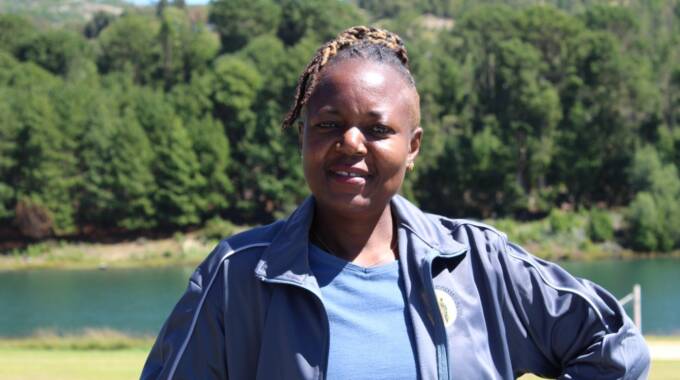
The Sunday Mail

Mariam Tose Majome
THE Zimbabwe Media Commission (ZMC) is tasked with monitoring broadcasting in the public interest and, in particular, to ensure fairness and diversity of views broadly representing Zimbabwean society.
At independence, the Zimbabwe Broadcasting Corporation was the only public broadcaster. It had only one television station and three radio stations, with a fourth one added in the early 1980s.
This situation prevailed for a long time.
There had always been calls by the public and promises by Government regarding liberalising the airwaves.
Section 61 compels State-owned media to be free to determine their own editorial content and to be impartial and afford fair opportunity for presentation of divergent views and dissenting opinions.
ZBC’s programming has been challenged in court numerous times for breaching Section 61. In a 2019 challenge by Veritas, a legal monitor, High Court judge Justice Joseph Mafusire found ZBC in violation of Section 61.
The court ordered ZBC to comply with the Constitution and refrain from showing bias in favour of one political party at the expense of other political parties.
In the 1990s, there were some attempts to liberalise broadcasting.
Munhumutapa African Broadcasting Corporation, LDM Broadcasting and Joy TV were licensed but did not last long. They leased time slots from ZBC but the time-sharing arrangements were too clumsy to last and ZBC soon reverted to being the sole broadcaster.
When the concept of pay-as-you-go television spread globally, Zimbabwe could not remain in a monopoly bubble as incomes, choices and technology changed.
South Africa’s Multichoice was licensed in 1995 as the first broadcaster to provide a digital satellite television service.
The country’s broadcasting course took many shapes, which reflected policies and politics of the day.
Between 2001 and 2002, as the land reform programme grew wings and relations with Western governments soured, the Zimbabwe Government banned a huge number of foreign broadcasting stations from reporting inside the country.
CNN, BBC, CBC, NBC, Fox News, ABC, Channel Four and others deemed hostile to the nation’s interests were chopped.
The bans were lifted between 2009 and 2013 during the Government of National Unity.
Foreign journalists and media houses can now work and invest here but are cleared by the Ministry of Information, Publicity and Broadcasting Services, before they can be accredited by the ZMC.
The Broadcasting Authority (BAZ) was established in 2001 as the regulator for radio and television services.
The airwaves were eventually liberalised in earnest.
Since then, BAZ has licensed a growing number of private and independent broadcasters.
From the paltry four radio stations at independence in 1980, there are now at least 14 community radio stations and at least 10 commercial radio stations.
Campus radio stations have also been licensed.
From only one television station, there are now six free-to-air television stations, which include ZTN, 3Ktv, NRT and Channel D.
Some have not started operating.
There are also other local television and radio channels available on the internet.
There is still plenty to improve regarding quantity and quality of broadcasting services but the days of a broadcasting monopoly are long gone.
Miriam Tose Majome is a commissioner of the Zimbabwe Media Commission



